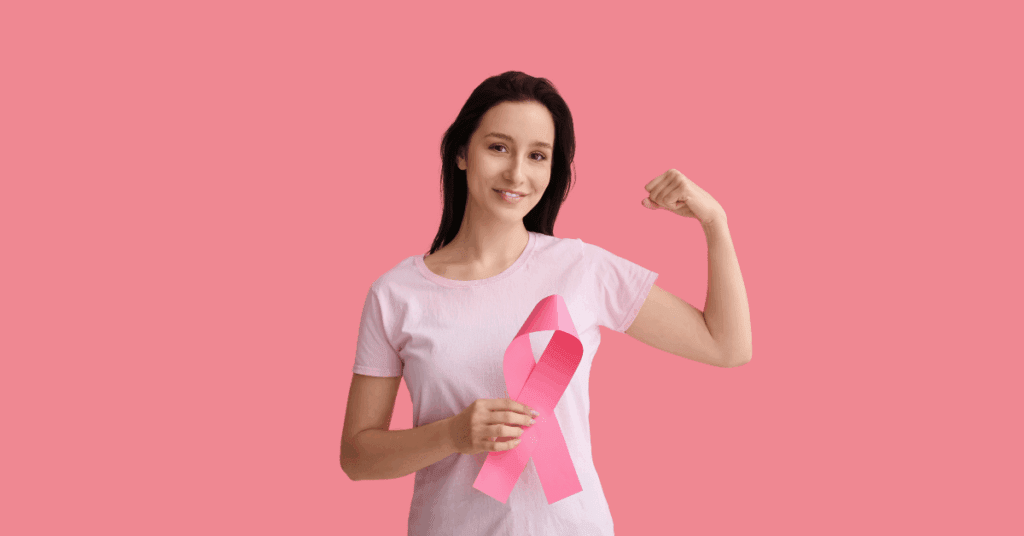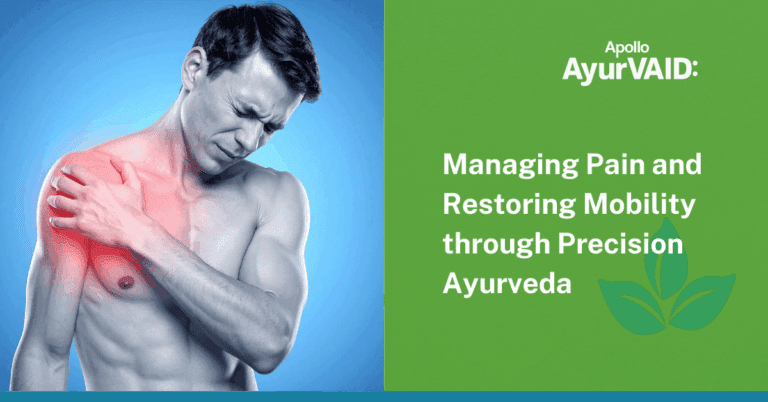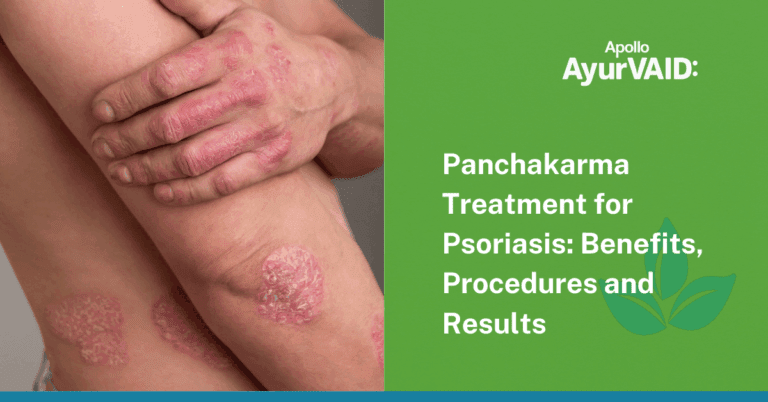Introduction
Every year, November 7th is celebrated as National Cancer Awareness Day. The date is a tribute to Madame Marie Curie’s birthday, whose discoveries in radioactivity helped shape radiation therapy, which is still widely used to treat cancer today. The goal of this day is clear: raise cancer awareness, encourage early detection, and remind us that support is just as important as therapy.
Cancer is more than just a medical condition. It influences daily life in subtle ways, sometimes slowly, sometimes suddenly. A person may feel tired differently. Food may taste unusual. Routines begin to shift. Sleep gets interrupted. And a lot of the time, emotional changes happen without anyone noticing. So this day is a gentle reminder about something important: cancer affects more than just the body. In this blog, we will explore and raise awareness about how Ayurveda supports cancer care.

Cancer Changes More Than Health — It Changes Life
Every person’s journey looks different. But some experiences are shared:
- Feeling fatigued doing tasks that were once easy.
- Losing appetite or having difficulty enjoying food.
- Experiencing disrupted sleep or changes in mood.
- Needing more support from family, caregivers, or friends.
Caregivers, too, go through emotional and shifts. They adjust schedules, manage appointments, monitor nutrition, and hold space for uncertainty, all while managing their own well-being. Understanding this broader picture allows us to build a more complete care model.
What Is Integrative Oncology?
This approach focuses on:
- Supporting digestion and metabolism
- Maintaining strength and function
- Reducing fatigue, nausea, and neuropathy where possible
- Helping improve sleep and emotional steadiness
- Rebuilding daily rhythm and quality of life
- Supporting long-term recovery and wellness
In simple terms: integrative oncology helps patients feel better while they are receiving treatment — and after it.
AyurVAID ICC: Integrative Cancer Care
AyurVAID’s ICC (Integrative Cancer Care) is designed to support patients across the full spectrum of the cancer journey — from risk and early detection to treatment support, rehabilitation, survivorship, and palliative care.
The approach is personalised, meaning treatment plans are not generalised. Each plan is built around the individual’s medical condition, treatment stage, overall strength, and day-to-day needs.
| Phase of Care | Focus | ICCP Support Approach |
|---|---|---|
| Before treatment / High risk / Early stage | Reduce systemic inflammation and support metabolism | Diet and digestion support, lifestyle and routine alignment |
| During chemotherapy or radiation | Reduce treatment-related side effects | Nutrition planning, gentle therapies, sleep support, fatigue management |
| Post-treatment recovery | Restore strength, appetite, energy, and emotional balance | Rasayana (restorative) therapy, physiotherapy where needed, routine stabilisation |
| Survivorship | Long-term resilience and recurrence prevention | Customised nutrition and lifestyle plans, periodic review |
| Palliative / Comfort care | Comfort, ease, and dignity | Local pain-relief therapies, breathing support, caregiver guidance, and sleep support |
| Care is adjusted continuously based on the patient’s response. | ||
Focus on Digestion and Metabolism
Cancer treatment often impacts digestion. Appetite may decrease. Food preferences may shift. Digestion may feel slower or more sensitive. Ayurveda places strong emphasis on Agni — digestive and metabolic strength — as a foundation for healing and recovery.When digestion improves, the body is better able to:
- Absorb nutrients
- Maintain energy
- Support tissue healing
- Strengthen immune function
This becomes especially important during chemotherapy or radiation.
Nutrition as a Core Support Tool
Food is not just dietary intake — it’s daily recovery support. In ICCP, onco-nutrition guidance is:
- Personalised
- Practical
- Adapted to appetite and comfort
- Designed to maintain strength
It’s not about “strict diet rules” or forcing difficult meals. It’s about supportive nourishment that works in daily life.
Emotional and Lifestyle Support
Cancer treatment can bring uncertainty, routine disruptions, and emotional strain. A structured, manageable daily rhythm can help patients feel more grounded.
ICCP includes:
- Gentle breathing and guided relaxation
- Sleep and rest support
- Day planning that aligns with energy levels
- When appropriate, light movement or physiotherapy
These are small, steady steps — but they make a real difference.
Why This Matters
Modern oncology focuses on treating the disease effectively. Integrative care focuses on helping patients move through treatment with more comfort, strength, and support.
When patients feel better physically and emotionally, recovery outcomes often improve too.
And after treatment ends, integrative care helps the individual return to daily life — gradually, sustainably, and with clarity.
Conclusion
National Cancer Awareness Day 2025 is not only a reminder to stay aware and act early — it is an invitation to think about cancer care more holistically.
Treatment is essential. But care, the kind that supports day-to-day living, digestion, strength, mobility, rest, and emotional steadiness, is equally meaningful.
AyurVAID’s Integrative Cancer Care provides structured, supportive care that works alongside modern medical treatment. It helps patients live better during treatment — and recover more fully afterwards. Cancer treatment focuses on outcomes. Integrative care focuses on life during and after those outcomes.






